Nature reports
Publisher: NIOZ Royal Netherlands Institute for Sea Research
Page 3 of 5 - 43 Results
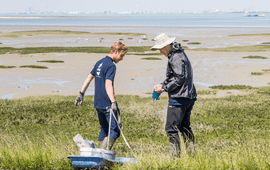
The expected increase in extreme weather could make the bottom of tidal flats more unstable. That's shown by NIOZ researcher Zhengquan Zhou in the PhD thesis he will defend at Utrecht University on September 7th. ..
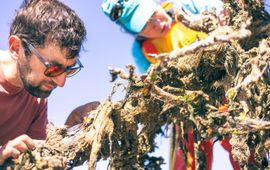
Artificial reefs in the Wadden Sea, made from discarded pear trees, are teeming with marine life after more than a year under water. That's shown in experiments by Jon Dickson, PhD candidate at NIOZ. "After four months, we already..
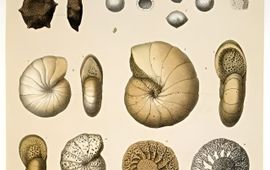
Over the past 500 million years, different single-celled organisms in the oceans have discovered at different times and also under very different conditions how to build a ‘shell’ around their single cell. “Six different..
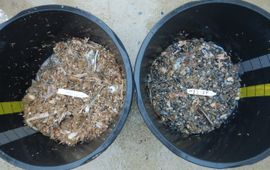
The Netherlands extracts a lot of sand from the North Sea for all kinds of purposes. However, more and more sand has to be extracted, which means that sand extraction pits have to be dug ever deeper. Previously up to about two..
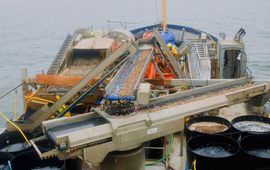
In recent years, the fishing industry has been working with scientists to investigate the sustainable catching of Spisula subtruncata, a North Sea shellfish. Bird conservationists also participated, working together to gain more..
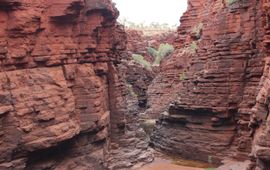
Nearly 2.5 billion years ago, seas on our planet alternately contained more or less oxygen, due to the slow 'wobble' of the rotating Earth. PhD student Margriet Lantink: "The fact that the Earth eventually became an oxygen-rich..
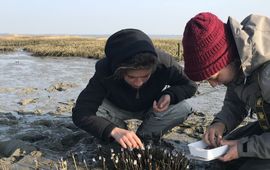
Shoots of a young grass plant in the salt marsh grow clustered regardless of environmental factors. Whereas in the dunes, young grasses organize their shoots differently depending on the species and their habitat. New research..
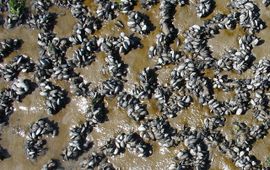
What makes ecosystems resilient to climate change? A solid spatial structure. Researchers discovered a type of pattern forming in ecosystems that closely resembles the patchwork pattern that forms at very small scales in alloys..
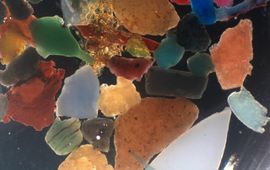
The bacterium Rhodococcus ruber eats and actually digests plastic. This has been shown in laboratory experiments by PhD student Maaike Goudriaan at Royal Netherlands Institute for Sea Research (NIOZ). Based on a model study with..
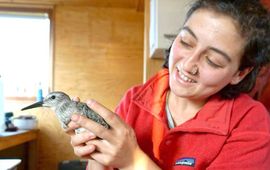
The Wadden Sea is changing due to human influences such as mining for gas, tourism and sea level rise. Researcher Selin Ersoy, ecologist at the Royal Netherlands Institute for Sea Research (NIOZ) studied how ‘personalities’ of..
